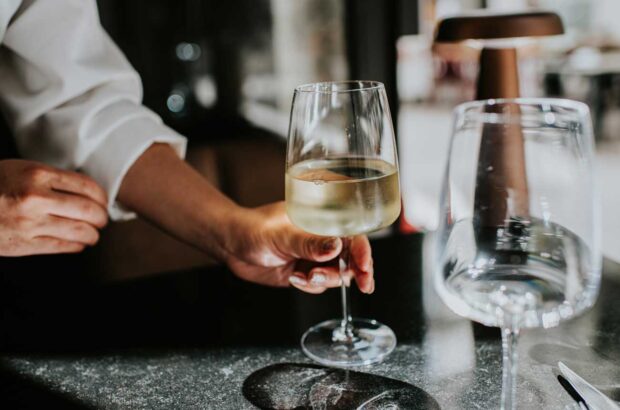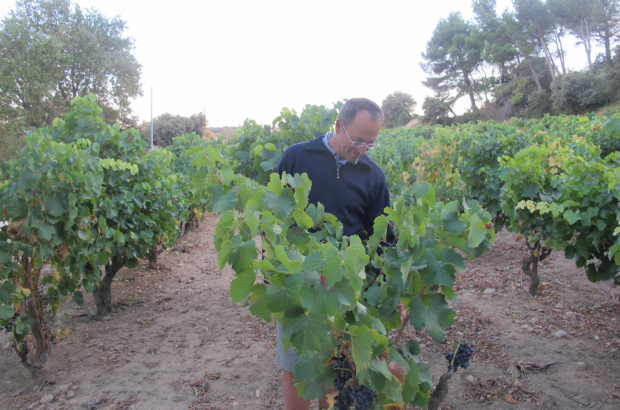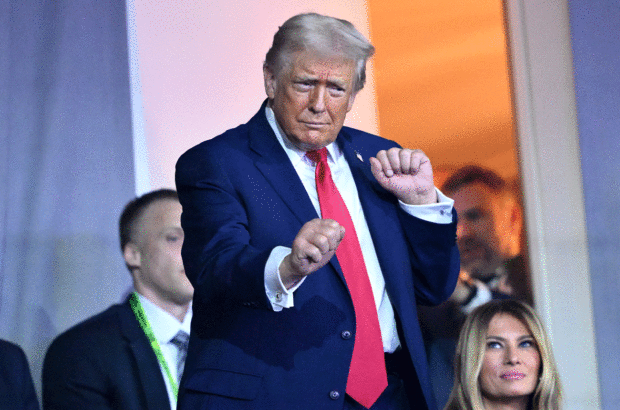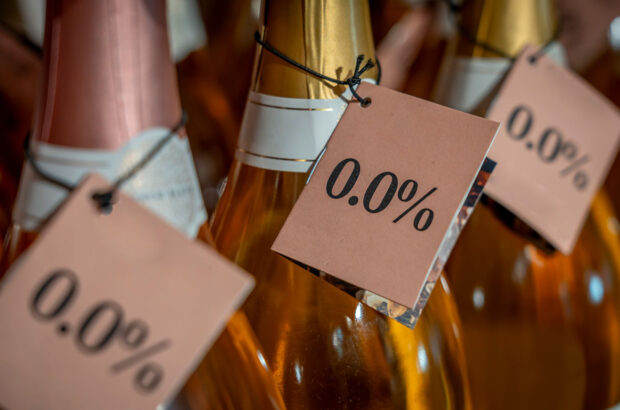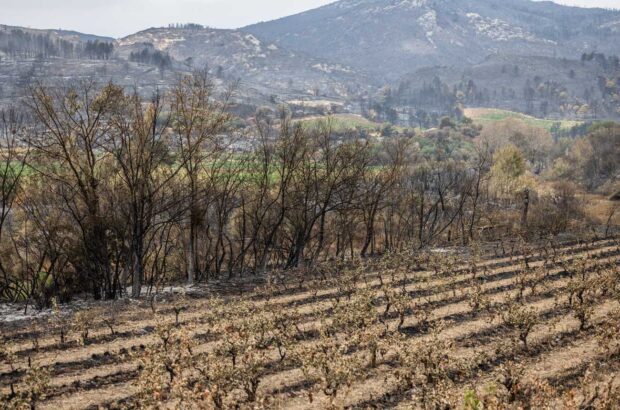There have been reports of growing interest in harnessing artificial intelligence (AI) to manage vineyards, and a recent seminar in London heard how the technology could help wineries in an increasingly unpredictable climate.
‘Climate is by far the biggest threat to us, because we have no control over it; I call it climate chaos,’ said Kia Behnia, co-owner of Napa Valley’s Neotempo Wines, at a Berry Bros & Rudd event entitled ‘Napa 2050: the last vintage?’.
He argued greater precision will be needed in vineyards to cope with climate change impacts efficiently, alongside other approaches, such as a commitment to sustainable farming methods.
As a computer scientist-turned-winemaker, Behnia has co-developed Scout alongside Mason Earles, assistant professor at UC Davis. It’s one of a new generation of vineyard management and wine industry tools powered by some form of AI.
Behnia described how Scout can process large amounts of data, including photographs, to provide insights on the health of individual vines.
Uses range from yield prediction to spotting early signs of disease or heat stress, he said.
An ‘X-ray for vineyards’
Behnia acknowledged concerns around the adoption of AI. He said he opposes ‘recipe-driven’ wines and considers it fundamental to respect winemakers’ choices.
‘Part of our goal with Scout is to help growers everywhere be able to see their own vineyards and be able to make the right decisions,’ he told the seminar, held prior to BBR’s West Coast wine tasting.
‘Think of it as an x-ray for vineyards.’
Farming for balance
Matt Taylor, winemaker at Ink Grade, told the BBR seminar that he saw opportunities to marry technology with other sustainability approaches.
Taylor spoke of his experience with organic, biodynamic and regenerative farming throughout his career, including since joining Ink Grade, a biodynamic estate on Howell Mountain that is part of the Lawrence Wine Estates portfolio alongside properties including Heitz Cellar and Haynes Vineyard.
Rehabilitating the soil can help to build vines’ resilience to extreme weather events, such as heat spikes, he said, echoing observations by winemakers in other regions.
At Ink Grade, he said the team takes a flexible approach based on reading vintage conditions. He spoke of striving for elegance and balance, reminiscent of Napa’s treasured wines of the past.
BBR’s West Coast tasting also included the inaugural, 2022-vintage Trailside Vineyard Cabernet Sauvignon produced by Lawrence Wine Estates’ CEO, Carlton McCoy Jr MS, and Burgundy winemaker Jeremy Seysses.
The pair have described the wine as a ‘terroir-driven, age-worthy style that is an homage to Napa Valley’s glory days of the 1960s and 1970s’.



